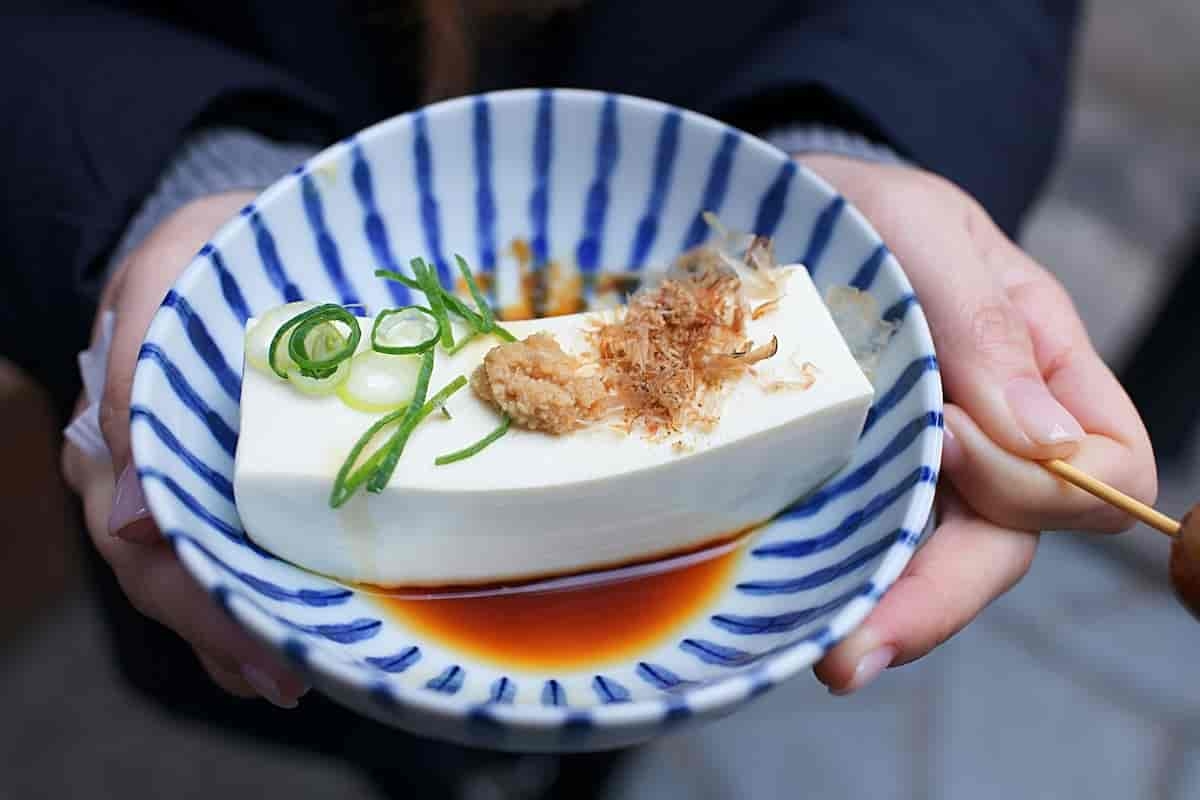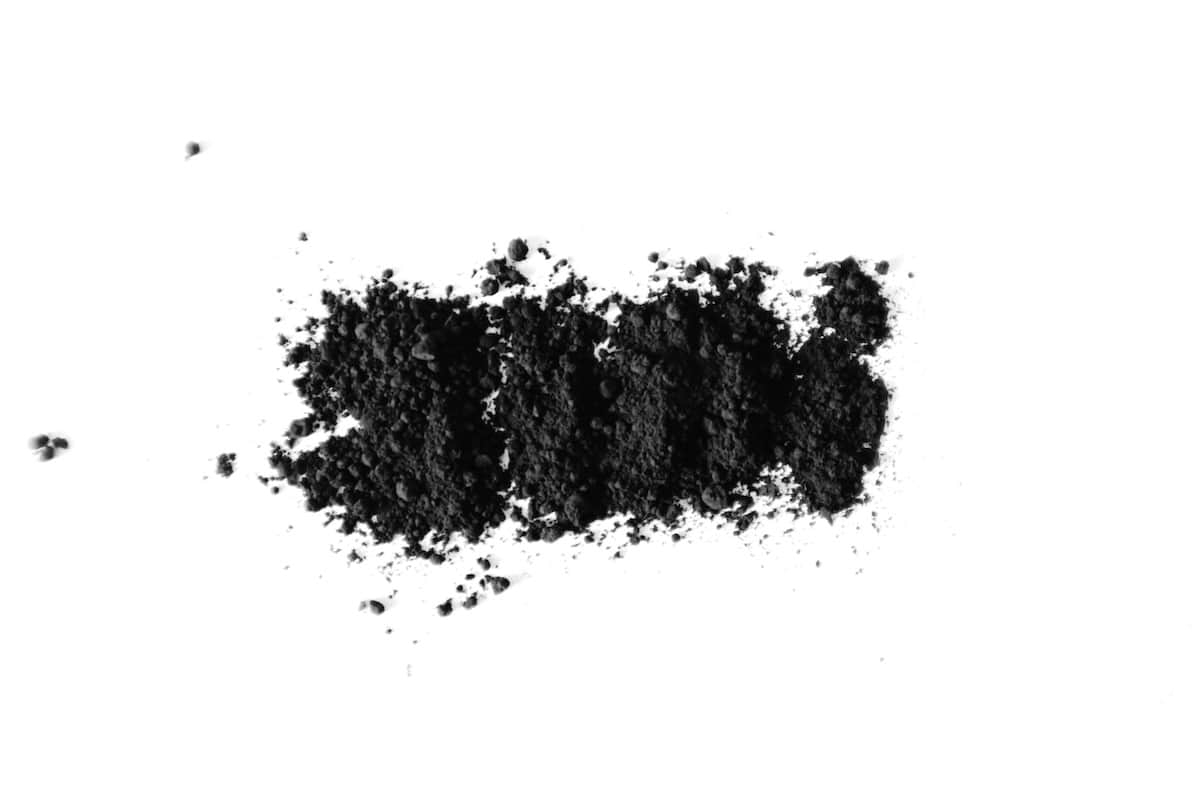Last update: January 21, 2025
5 minute read
Unlocking 5 Benefits of Astaxanthin
Explore astaxanthin's many health benefits, including a strengthened immune system, reduced inflammation, skin protection, and improved heart health.

By Stephanie Wright, RN, BSN
Edited by Dr. Jacquie Leone, NMD, HN

Ever wondered how the antioxidant astaxanthin can help you lead a healthier lifestyle? In this blog post, we're diving into the world of this unique red-pigmented carotenoid to unpack its potential health benefits. From supporting your immune system to protecting against UV skin damage and maintaining a healthy heart, astaxanthin seems to tick quite a few boxes in the health department. But what exactly is this pigment, where can you find it, and how can it influence your health? Let's explore together.
Key takeaways
- Astaxanthin is a carotenoid with powerful antioxidant properties that can support your immune system
- It may help reduce inflammation and provide protection from UV skin damage
- Astaxanthin can potentially improve cognitive health and heart function
What are the benefits of astaxanthin?
Astaxanthin, a natural carotenoid found in certain types of microalgae and yeast, is associated with a host of potential health benefits thanks to its powerful antioxidant properties. Let's dive into what makes it such a big factor in health and wellness.
1. Immune system support
Astaxanthin may play a vital role in supporting your immune system. Some research shows taking an astaxanthin supplement helps provide immune support and strengthens your immunity.
This carotenoid has a positive influence on T-cells, a type of white blood cell that attacks foreign cells based on antigen markers. NK (natural killer) cells, which operate at a faster speed to stop health-threatening invasions, are also activated by astaxanthin.
2. Reduction in inflammation
Astaxanthin could also help to reduce inflammation. This pigment reduces proteins that trigger inflammatory diseases like celiac disease, rheumatoid arthritis, heart disease, and diabetes.
Adding astaxanthin to your diet, either through food or supplements, may potentially reduce inflammation. It's an antioxidant that targets harmful free radicals linked to various inflammatory diseases.
3. Protection from UV skin damage
Did you know that astaxanthin may also protect your skin from UV damage? When consumed, this powerful antioxidant accumulates in the skin, helping block harmful UV rays and repair existing skin damage.
Astaxanthin sits in the epidermis and dermis of your skin. Its presence may hinder UV ray penetration, reducing the potential harm it can cause, like sunburn and premature aging.
4. Support cognitive health
Astaxanthin's positive impact isn't limited to just physical health - it could also boost brain health. This molecule can cross the blood-brain barrier due to its small size, potentially protecting the brain and other body organs and reducing the risk of cognitive disorders.
VitaRx Tip
These potential benefits make astaxanthin an essential part of a healthy diet for your brain’s wellness.
5. Healthy heart function
If you’re worried about your heart health, astaxanthin might be a big help. It's known to reduce LDL (bad cholesterol) and raise HDL (good cholesterol).
It might also help manage high blood pressure, contributing to overall heart health. By lowering LDL and elevating HDL cholesterol, astaxanthin works to maintain a healthy balance of fats in your body, reducing the risk of heart disease.
Its potential ability to manage high blood pressure further solidifies its role in heart function. Astaxanthin is present in different amounts in many food sources.
Eating these foods can be an effective method of getting this carotenoid naturally. Let's take a quick look at this data to better grasp the astaxanthin content in different sources.
Food sources with astaxanthin content (mg/100g):
Salmon (wild): 3.6 mg
Crab: 5.045 mg
Shrimp: 1.92 mg
Health made easy: your go-to resource for essential vitamins and supplements

Advantages and disadvantages of astaxanthin
There are several advantages and disadvantages to consider when you include astaxanthin in your diet. Let's take a deeper look at these:
Frequently asked questions (FAQ)
Here are some of the most frequently asked questions about the benefits of astaxanthin.
Final thoughts
Astaxanthin might not be a household name, but it's a super nutrient that may help you live a healthier and more balanced life. It does a lot of good things for your body, like boosting your immune system, keeping your skin healthy, and supporting your brain and heart. So, why wait? Start living a healthier life today!
Sources and references
- Therapeutic uses of natural astaxanthin: An evidence-based review focused on human clinical trials” - ScienceDirect
- Carotenoid Action on the Immune Response
- Astaxanthin protective barrier and its ability to improve the health in patients with COVID-19 - PMC
- Astaxanthin and its Effects in Inflammatory Responses and Inflammation-Associated Diseases: Recent Advances and Future Directions - PMC
- Astaxanthin in Skin Health, Repair, and Disease: A Comprehensive Review - PMC
- The Effects of Astaxanthin on Cognitive Function and Neurodegeneration in Humans: A Critical Review - PMC
- Astaxanthin in Cardiovascular Health and Disease - PMC
- Astaxanthin from Crustaceans and Their Byproducts: A Bioactive Metabolite Candidate for Therapeutic Application - PMC
Author

Stephanie Wright
Stephanie brings over 13 years of diverse nursing experience to the table, having honed her expertise in critical care, mental health, and utilization management. Her journey as a registered nurse across these various healthcare sectors underscores her adaptability and deep commitment to patient care.
Fact checker

Dr. Jacquie Leone
Dr. Leone holds a BA in Psychology, a Doctorate in Naturopathic Medicine, and board certification in holistic nutrition. In addition to practicing medicine, Dr. Leone has developed and currently teaches science and nutrition courses for a nationally accredited institution. She specializes in chronic illness, gastrointestinal dysregulation, inflammatory conditions, and mental health. Her unique approach combines the wisdom of Eastern medicine with the technology and science of Western medicine, offering an integrative approach heavily focused on functional medicine.
At VitaRx, we're not just passionate about our work — we take immense pride in it. Our dedicated team of writers diligently follows strict editorial standards, ensuring that every piece of content we publish is accurate, current, and highly valuable. We don't just strive for quality; we aim for excellence.
Related posts
While you're at it, here are some other relevant articles you might be interested in.

Get your personalized vitamin recommendations in less than
5 minutes.
Get your personalized vitamin recommendations in less than
5 minutes.




